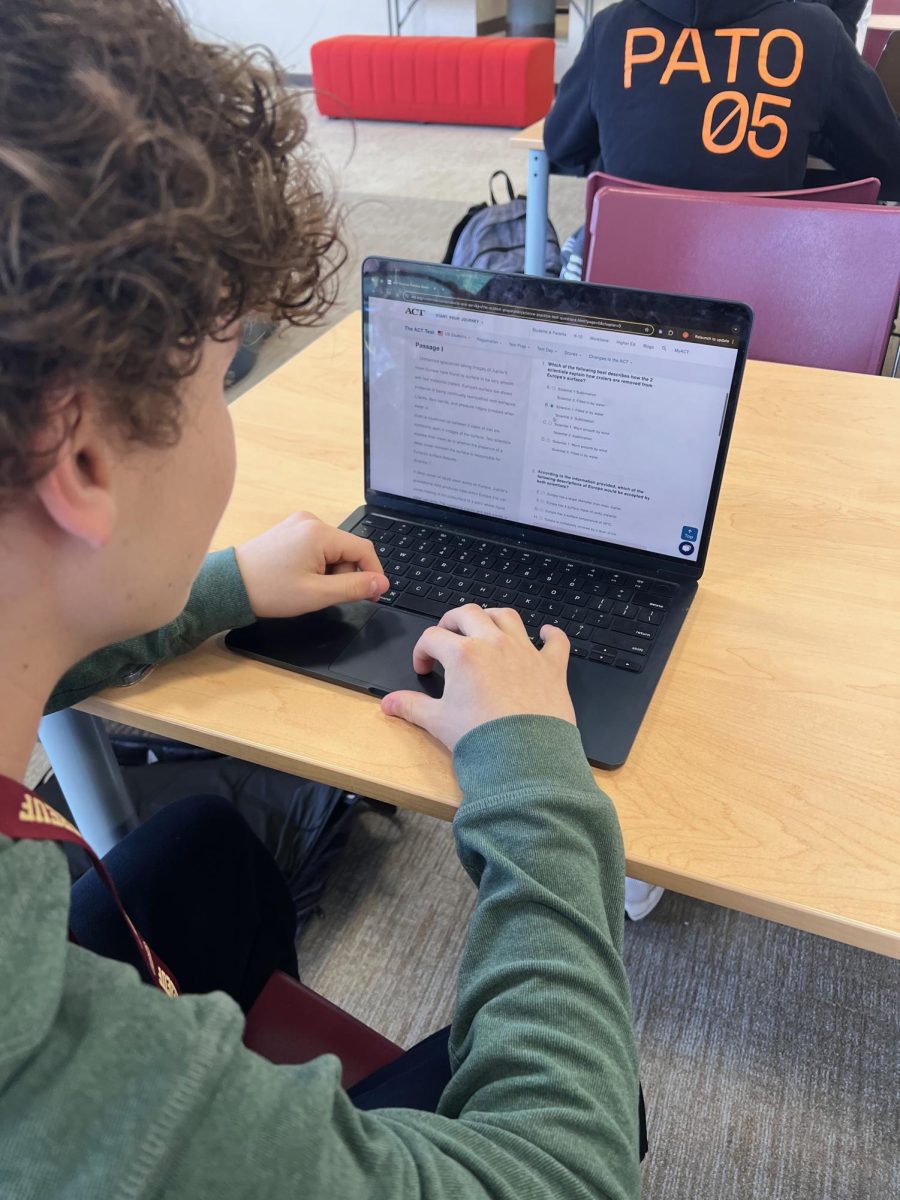Zero-Hour
March 23, 2018
As spring approaches, and students meet with their counselors to create next year’s schedule, the question remains for many uncertain students: to take or not to take zero-hour. The daily 7:15 am class adds yet another decision to the enticing schedule options. Will making the early trip to school every morning help to create room in your schedule? Is waking up so early even realistic? Why would you take a zero-hour class? Why would you not? I spoke to some Brebeuf zero-hour experts to get to the bottom of this dilemma.
Sophia Ferries Rowe (’19), a two-time zero-hour student, shared one advantage of zero-hour she feels strongly about, “It’s great having an extra class during the day.” This seems to be the logic of many students regarding the 7:15 am class, and one of the most compelling arguments by far. Academic advisor Mr. Glunt highlights this as well, “Taking zero-hour allows for more flexibility during the school year to take electives and other classes.” Mr. Glunt also mentioned that zero-hour is a good alternative for students who either can’t or don’t want to take summer school, as “[Zero-hour] still allows you the room in your schedule to take some additional classes, that maybe wouldn’t fit otherwise.” Being in a zero-hour class also increases the possibility of having two breaks, which, in a sense, gives students back the time they lost from the extra early morning class period.
As Mr. Glunt pointed out, for those who take zero-hour “One of the biggest challenges is planning ahead for the commitment that it requires.” Most zero-hour classes span the entire school year, which adds up to approximately 180 days of waking up to make it to school by 7:15. Sophia brought up what many students may fear about zero-hour, “It’s so early that sometimes I’m not even half awake yet.”
Because of the time commitment of being in a zero-hour class, it usually causes students to have to shift their daily schedule. Making time for a zero-hour class may be difficult for certain student athletes, or those who often get home late in the evening. Mr. Glunt remarked that many students who go into a zero-hour class will find themselves unprepared for the changes they have to make, “Some students find that they are out later than they expected, or they weren’t anticipating how early they would have to go to bed.”
Zero-hour may be a convenient option for some students; others may find the time of the class to be a dealbreaker and some may simply not feel the need to take zero-hour. For those on the fence about it, weighing the advantages and disadvantages may help in making a decision with confidence. Choosing to take or not to take a zero-hour class is not life’s most crucial decision, but it’s one that can be approached with a little more thought and knowledge to help make the best decision.




